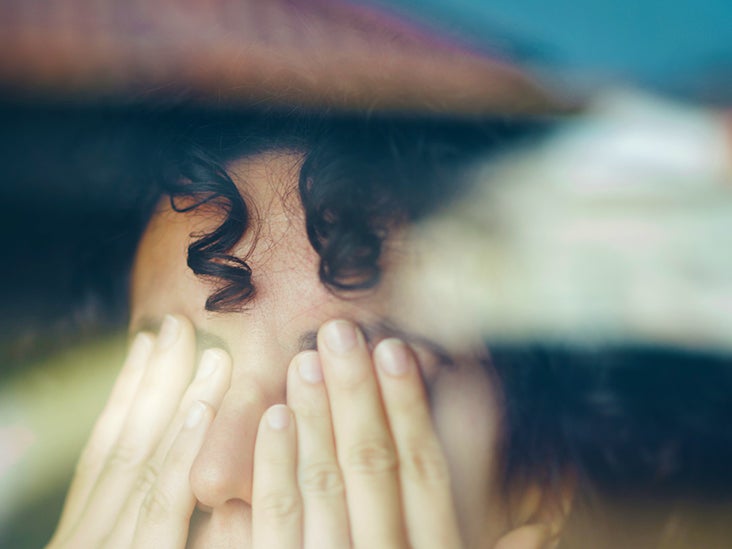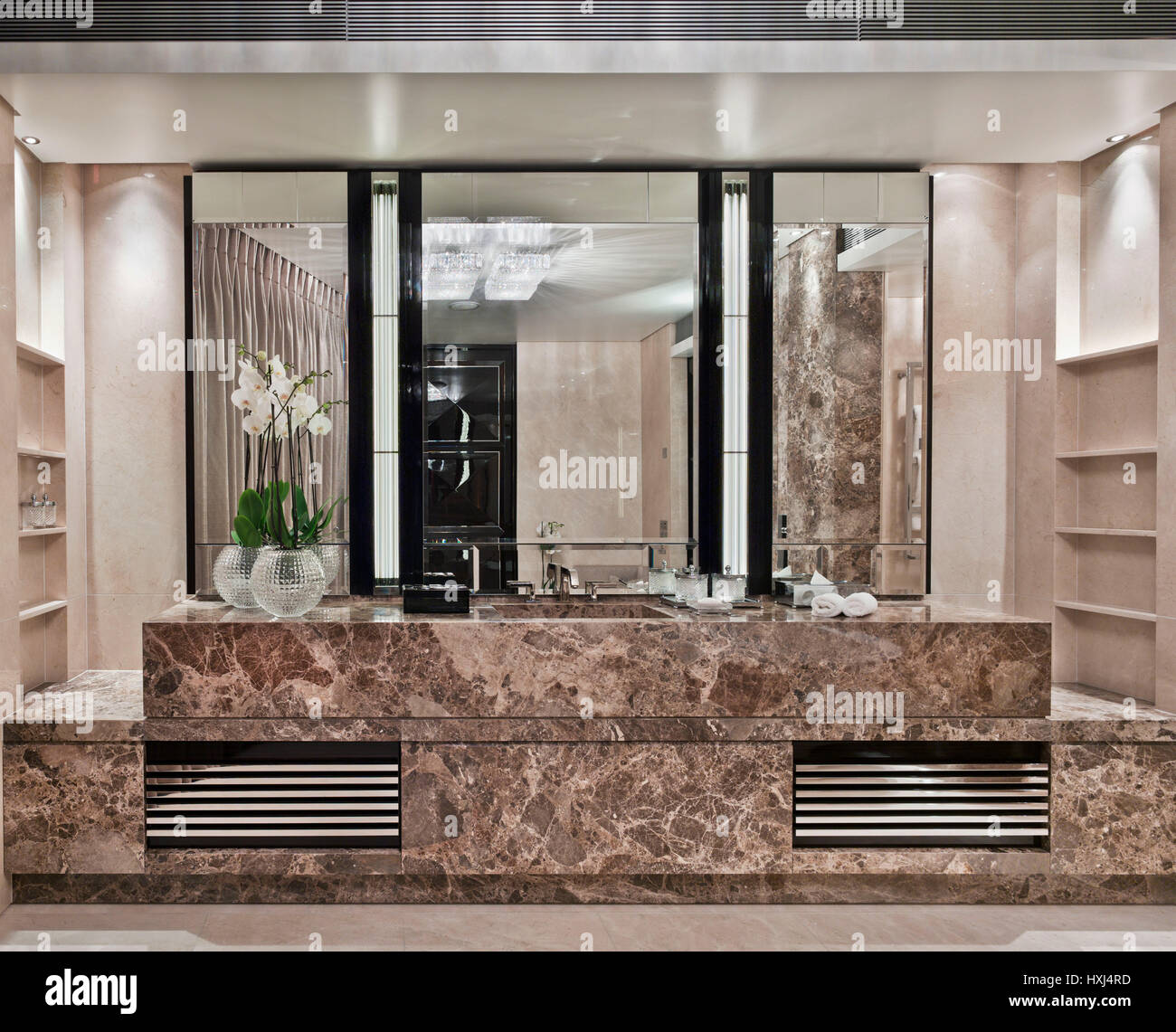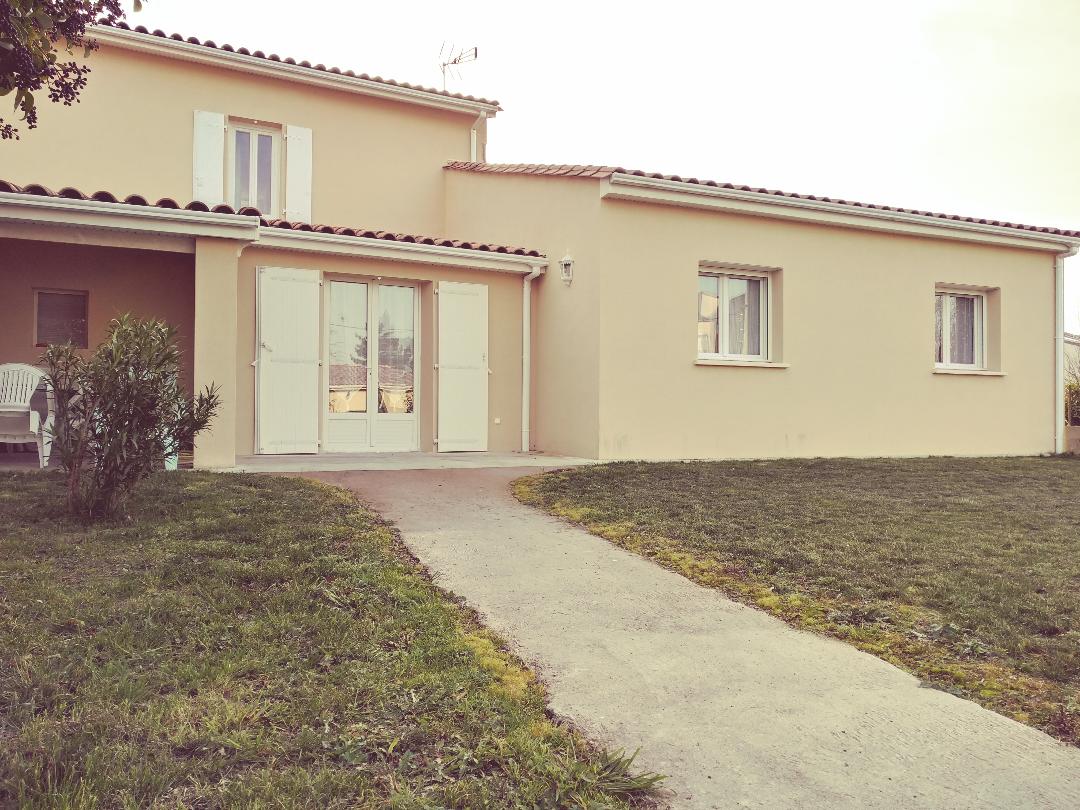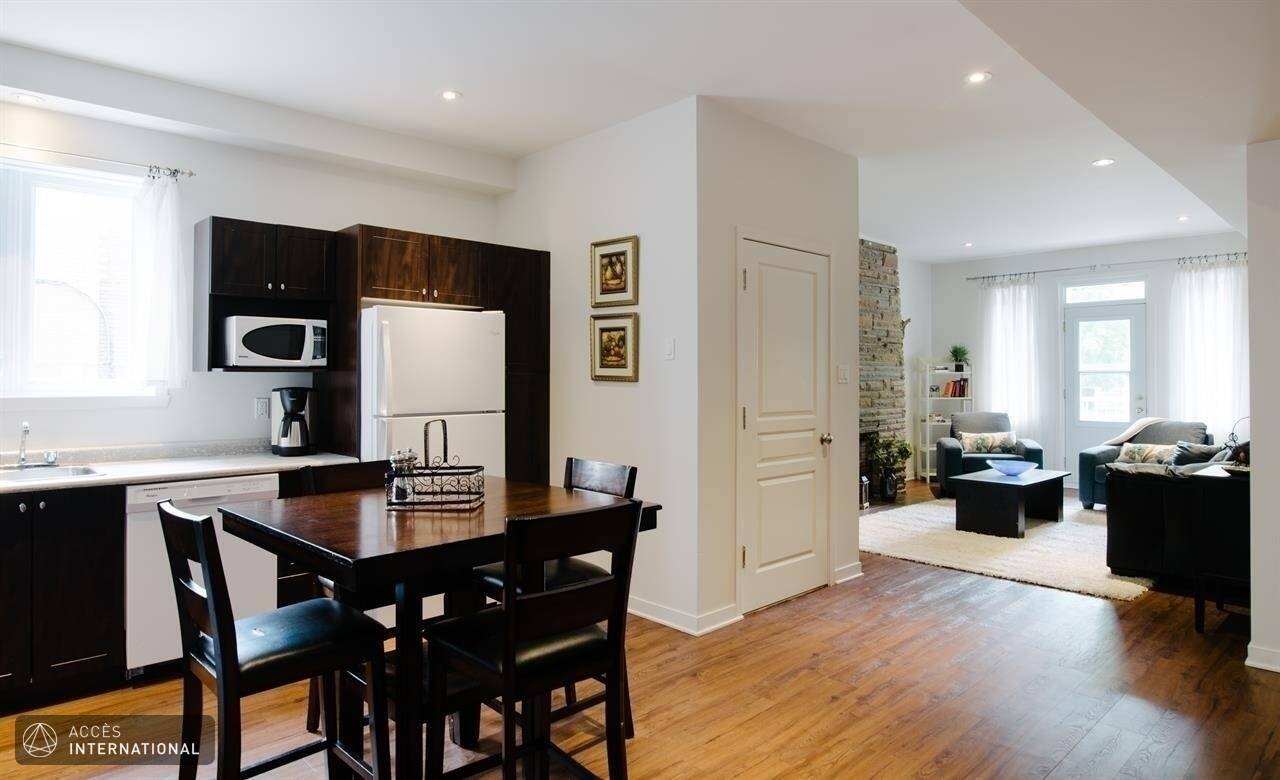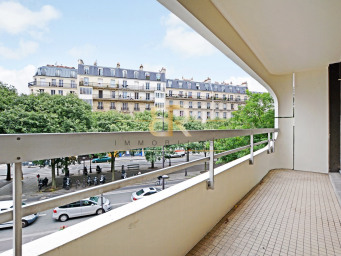When anxiety fills you with feelings of worry and dread, it can also impact other parts of daily life — including your appetite.
Anxiety is a natural part of life. When you’re faced with uncertainty or adversity, all types of feelings can emerge.
Though it may not feel like it at the time, your body is supposed to feel anxiety. It’s a way for your brain to tell you that a possible threat is at hand.
When your systems go into danger alert, all manner of physiological processes activate, and your body kicks into survival mode. Appetite is one area where you might see some changes.
Appetite is your desire to consume food. It’s not the same as hunger, which is your body’s response to not enough energy intake.
When your body is calm, your appetite is generated by the interaction between your brain’s feeding and satiety regions. The feeding center is constantly active, telling you to eat. Its effects are offset by signals from the satiety region of the brain that activates after you ingest food.
It doesn’t take much to throw these systems out of sync.
Anything that over-activates the feeding control network could cause appetite increase, for example, while something stimulating the satiety region could cause a loss of appetite.
Anxiety could influence your appetite in both ways.
As a response to stress, anxiety is typically accompanied by an influx of stress hormones. In the short term, these hormones are there to help turn on your survival mode. They do everything from increasing your heart rate and breathing to stimulating your intestinal system.
Research from 2018 indicates that some stress hormones cue changes in the digestive system, leading to appetite suppression.
From a survival standpoint, if you need to escape a dangerous situation, your brain might not want you to have a belly full of food.
When anxiety affects appetite, it might not always be in the form of suppression, though.
Data analyzed from the population-based LIFE-Adult-Study published in 2021 found that anxiety affects several aspects of appetite, including disinhibition — a tendency to overeat in response to food-related cues.
When you’re feeling anxious, you might find that your appetite surges, particularly for more salty and fatty foods such as pretzels and brownies.
Researchers suspect that this is due to how foods trigger the brain’s reward system, flooding you with feel-good hormones during times of distress.
Feeling “stressed out” is often associated with undesired weight gain, so you might assume stress and anxiety have a slowing effect on your metabolism.
The truth is far more complex.
In the short term, your survival response triggers stress hormones. Among the many processes these substances facilitate, they initially activate — not slow — your body’s energy stores so that you can respond to threatening situations.
Over time, as stress and anxiety become chronic, stress hormones in your body start to take a toll.
Epinephrine and cortisol, two of the most common stress response hormones, help maintain blood sugar levels. During chronic stress, these hormone levels increase, and you can become insulin resistant.
Insulin is essential to the metabolism of carbohydrates and lipids. When you’re insulin resistant, your body doesn’t metabolize nutrients naturally, leading to severe complications.
In essence, stress can both kick-start and decrease your metabolism, depending on the circumstances.
Appetite loss and overeating could be side effects of anxiety and stress. There’s no way to predict which of these you might experience.
You might not notice any effects on your appetite during high-anxiety periods of life. A 2016 review suggests that short-term stress and chronic stress might affect appetite differently.
Immediate response stress hormones could encourage appetite loss. In contrast, the presence of specific chemicals in the body after chronic stress could cause an increase in food consumption and subsequent weight gain.
Loss of appetite could be directly related to anxiety and stress, but it could also be a symptom of many other physical and mental health conditions.
You could experience short-term appetite loss due to the following conditions:
- an upset stomach
- flu
- colds
- respiratory infections
- bacteria or viral infections
- acid reflux
- a stomach bug
- pregnancy
- alcohol or drug use
Long-term medical conditions that could cause loss of appetite include:
- asthma
- diabetes
- digestive conditions, such as Crohn’s disease or irritable bowel syndrome
- stomach or colon cancer
- chronic liver or kidney disease
- heart failure
Psychological conditions that might impact your appetite include:
Appetite loss could be a symptom of a severe medical condition. Speaking with a healthcare or mental health professional is one of the best ways to begin managing what you’re experiencing.
They can evaluate you to determine whether any underlying conditions cause your loss of appetite and recommend a treatment plan if needed.
There are also ways you can manage it at home.
Reducing stressors
Appetite loss as a result of anxiety could be helped by reducing the stressors that might be triggering your feelings.
This might mean finding a new job, or it could be as simple as wearing earplugs to drown out the sounds of your loud neighborhood.
When you can’t escape your triggers, finding ways to cultivate relaxation might be the next step.
Deep breathing exercises, yoga, meditation, and many relaxation skills could help encourage a relaxed state.
Finding ways to add nutrition into your day
Loss of appetite doesn’t have to mean loss of energy. You don’t have to eat a large meal if you can’t stomach it.
Staying on top of nutrition, though, is still crucial because nutrients are necessary to get through your day.
Other options can provide condensed nutrients in more manageable portion sizes if you can’t eat a meal.
Protein shakes, meal replacement drinks, and green drink mixes can all supplement missing areas of nutrition.
Exercising regularly
Bursts of exercise might not be enough to stimulate your immediate appetite, but regular exercise could help pair energy intake and energy output more efficiently, according to a 2018 review.
This means that regular exercise could naturally boost appetite over time because you’re trying to keep up with constant energy output.
Exercise might also be an option for managing symptoms of anxiety and stress. It could help encourage the production of endorphins — hormones that boost mood.
Another 2018 review on the health benefits of exercise found that regular exercise can improve symptoms of anxiety and depression.
Anxiety could affect your appetite.
In the short term, you could experience appetite loss. But over time, as stress and anxiety become chronic, the hormones in your system could have the opposite effect.
Appetite loss is just one of anxiety’s many health side effects, but you don’t have to endure it forever.
Treatment for anxiety is available. Speaking with a mental health professional can help you learn what’s causing your feelings and identify ways to cope and overcome.



